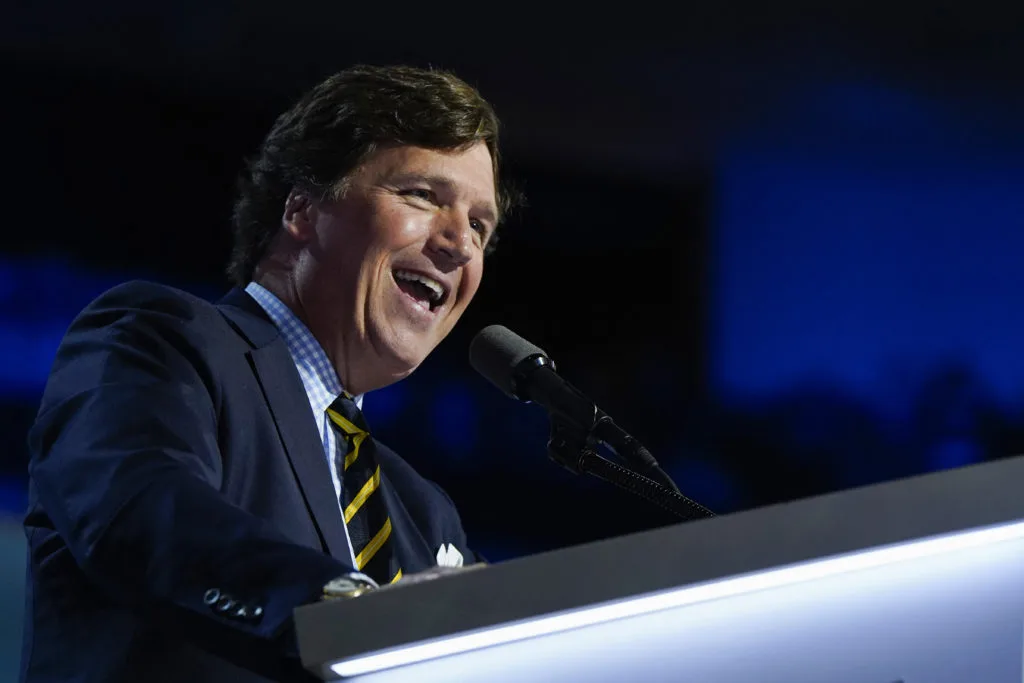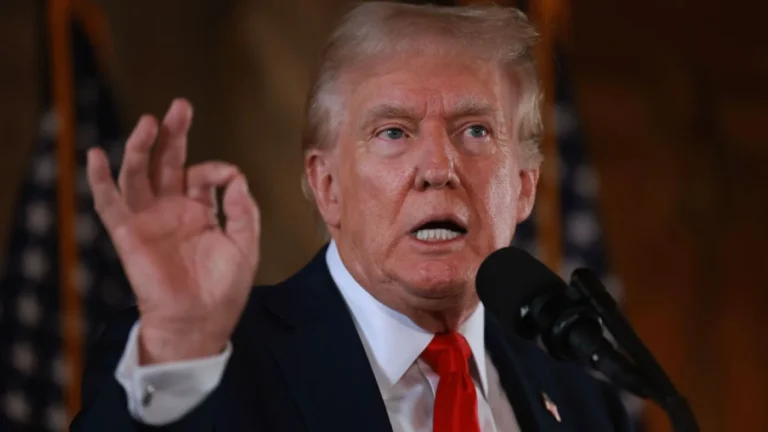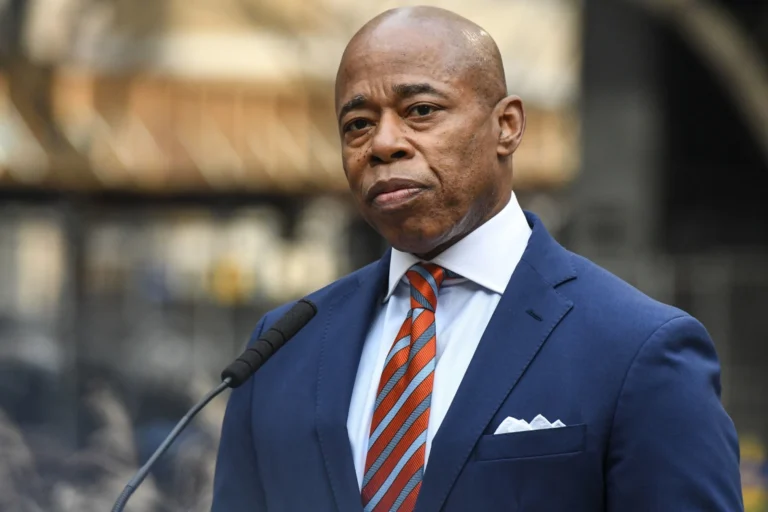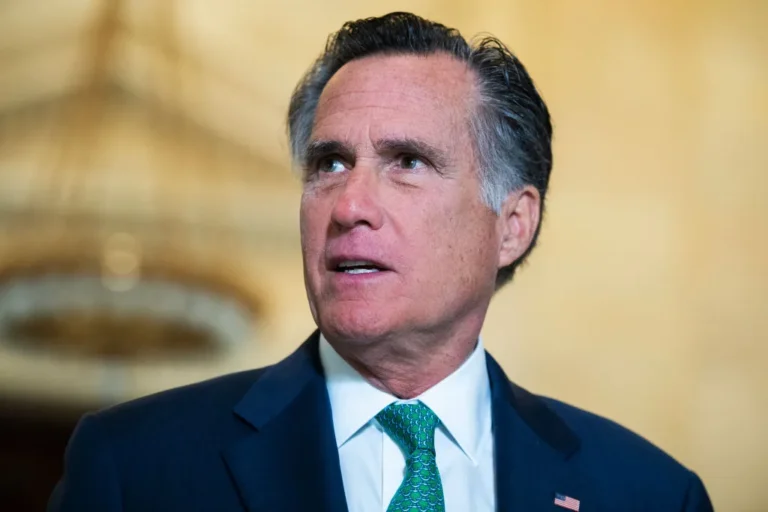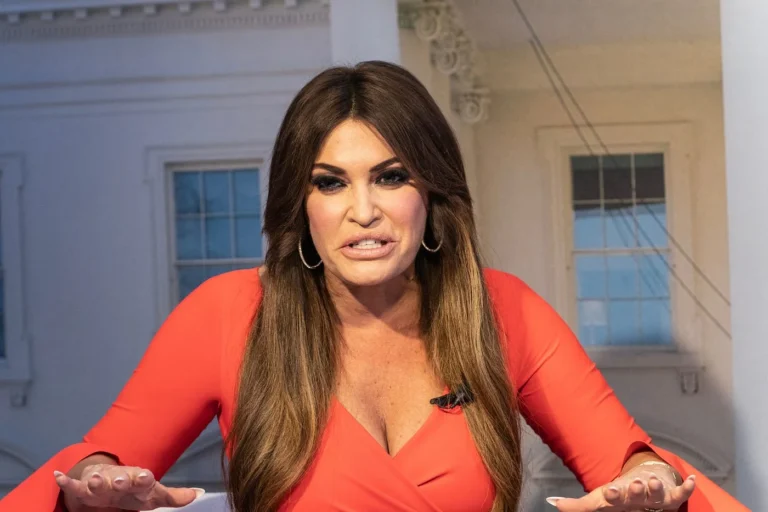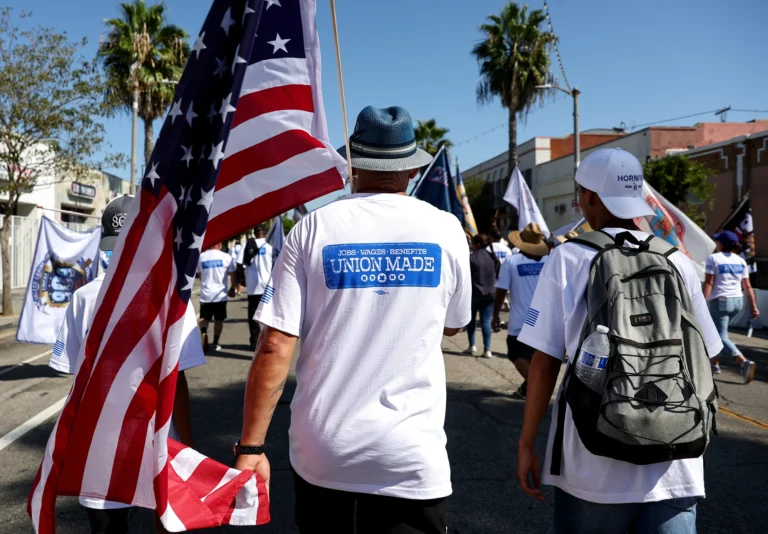Trump Suggests Musk and RFK Jr. Could Play Key Roles in Second Administration
In a recent interview with conservative broadcaster Tucker Carlson in Arizona, former President Donald Trump hinted that both Elon Musk and Robert F. Kennedy Jr. could play significant roles in a potential second administration. This conversation took place in Arizona, a state Trump is eager to reclaim after losing it to President Joe Biden in the last election cycle.
Trump’s dialogue with Carlson spanned various topics, including his thoughts on the influence Musk and Kennedy might wield in his administration. While he acknowledged that both figures could become “influential,” he did not elaborate on specific positions they might hold. Musk, known for his leadership at Tesla and SpaceX, and Kennedy, a prominent environmental lawyer and vaccine skeptic, represent two vastly different sectors but share a willingness to challenge the status quo—qualities Trump seems to value.
The interview provided Trump a platform to not only express his thoughts on potential allies but also to take swipes at political opponents. He referred to Vice President Kamala Harris as a “low IQ individual” and labeled former Congresswoman Liz Cheney a “war hawk.” Cheney has consistently been a vocal critic of Trump within the Republican Party, particularly due to her stance on the Iraq War, a conflict she supported given her father’s history as former Vice President Dick Cheney.
Carlson, who has taken on a more politically engaged role since departing from Fox News, pressed Trump for more details on how he envisions Musk and Kennedy fitting into his future administration. Despite not providing concrete roles, Trump affirmed their potential significance, hinting at a preference for unconventional approaches to governance.
The setting of the interview was strategically chosen to rally support in Arizona, a crucial battleground state for the upcoming election. Recent polling indicates Trump has regained a slight advantage in the state, making this conversation all the more pertinent. Furthermore, the event served as a fundraiser for recovery efforts following Hurricane Helene, underscoring Trump’s ongoing engagement with key issues that resonate with voters in swing states.
Throughout the interview, Trump maintained a focus on discrediting his opponents. He made derogatory remarks about Harris, calling her “dumb as a rock,” and took the opportunity to critique Cheney’s political legacy. Trump suggested that Cheney, as a leading voice of the interventionist wing of the GOP, should be held accountable for her decisions, hinting at a metaphorical confrontation involving a rifle, a comment that stirred controversy.
When the conversation shifted to Trump’s views on the FBI and CIA, organizations he claims have conspired against him since his election in 2016, he avoided giving a direct answer. Nevertheless, he reiterated his belief in an “enemy from within,” characterizing his political adversaries as a serious threat to the nation’s stability. He claimed, “This enemy wants to take down our country,” portraying them as con artists bent on steering the U.S. toward communism or fascism.
Trump also broached the topic of electoral integrity, implying that any potential loss in the upcoming election would be the result of “cheating.” He expressed confidence in his current standing, asserting that minimizing fraud could lead to a significant electoral victory, reminiscent of his rhetoric in previous campaigns.
After the interview, Howard Lutnick, co-chair of Trump’s transition team, attempted to temper expectations regarding Musk and Kennedy’s roles in a future administration. He suggested that Musk could serve the government more effectively in an advisory capacity rather than in a formal position, while Kennedy would likely receive health data but wouldn’t be positioned to lead health services. This clarification indicates that while Trump values the input of these figures, a traditional cabinet role may not be in the cards for either of them.
In summary, Trump’s recent remarks reflect his desire to establish a network of influential figures, including unconventional choices like Musk and Kennedy, as he prepares for a potential second term. With an eye on pivotal states like Arizona and a strategy centered on rallying support against perceived adversaries, Trump continues to shape his political narrative ahead of the upcoming election.
